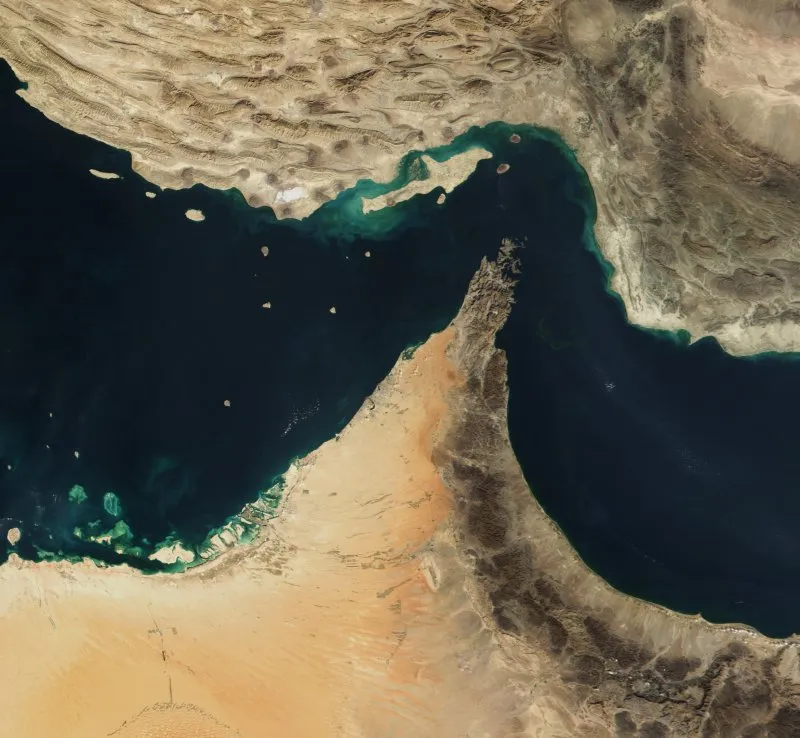Vice Admiral Thomas Edward Ishee, commander of the U.S. 6th Fleet and of the BALTOPS 24 exercise, told reporters in Klaipeda, Lithuania, yesterday, that Russia still has significant maritime capabilities. “My assessment is that Russia still has some significant capability in the maritime. And certainly, in anti-access and area-denial they are a capable nation that has these capabilities,” he said, reported LRT. This, he added, is something that NATO allies need to be concerned about as they work to defend the alliance, including the recently-joined Finland and Sweden, which share much of the Baltic Sea coast. “It plays into how we would defend all of the Baltic nations that are NATO nations in the region,” Ishee said. “The specific capabilities I won’t get into, but we’re very much aware of what is going on in the Black Sea, in the war between Russia and Ukraine.”
BALTOPS 24 will focus on landing operations and will take place mainly in the central part of the Baltic Sea, according to Ishee. (It is worth noting that the only possible target for NATO landing operations in the Baltic Sea is the Russian exclave of Kaliningrad—ed.) “Amphibious operations are going to be our main focus in this BALTOPS. I think there’s a great opportunity to learn and relearn a lot about this war-fighting domain,” he said. “There will be a lot of air defense exercises, a lot of anti-surface exercises, some anti-submarine exercises, some amphibious operations when we will actually put some forces ashore in various places, and we have several amphibious task groups that are participating in this,” the commander added.
Former Swedish military officer Mikael Valtersson told Sputnik that the permanent deployment of the U.S. Typhon missile system with Tomahawk cruise missiles on the Danish island of Bornholm in the Baltic Sea is a “likely” scenario. “The main consequence of this [possible] development” could be “a continued increase in military tension in the Baltic Sea,” Valtersson said, warning that “it will also increase NATO’s ability to close the Baltic Sea to Russian shipping.” This would, in turn, “probably mainly have an impact on Russian ability to deliver goods by sea” to Kaliningrad. He said that to defend its shipping lanes against this new threat, Russia has to prepare preemptive strikes against the deployment sites, significantly increase advanced air defense assets in the area, and build up large supply reserves in the Kaliningrad area.





